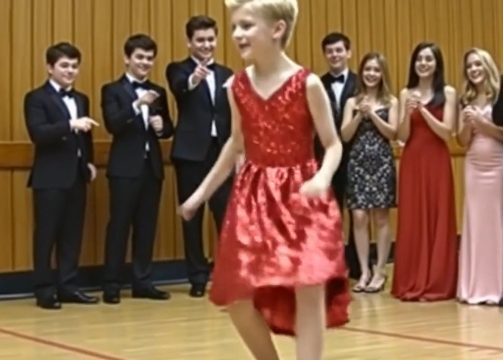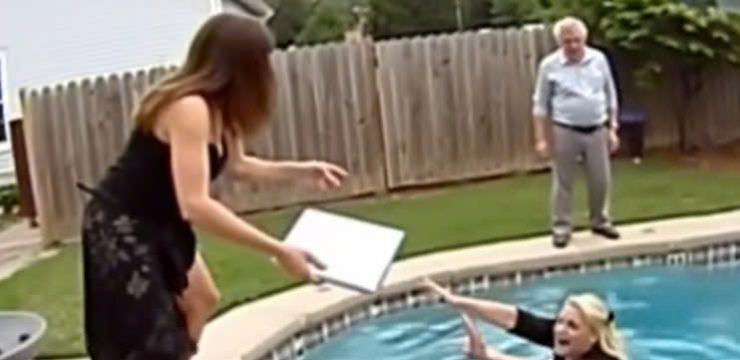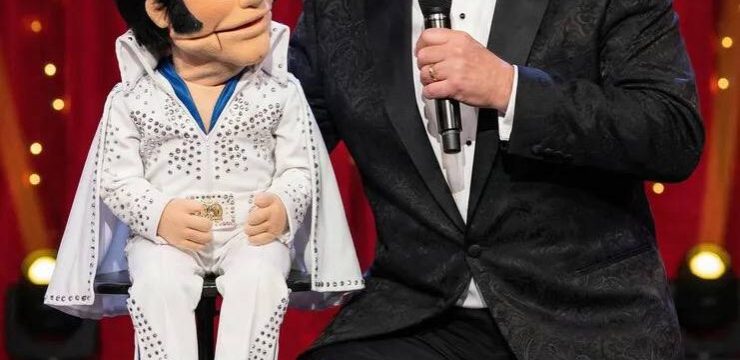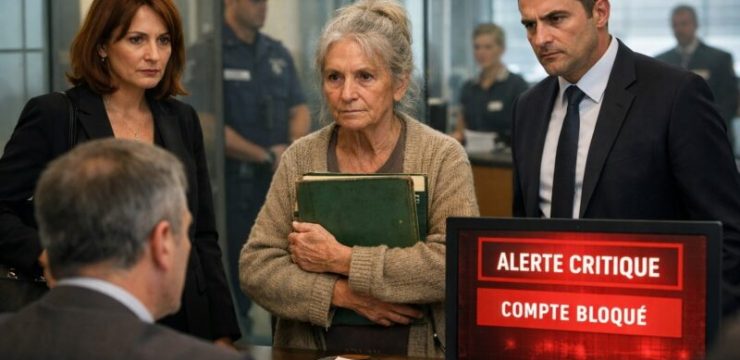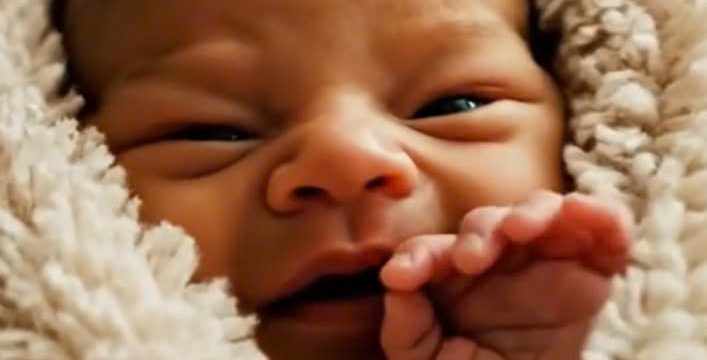When Charlie’s Angels premiered in 1976, it didn’t just introduce a new crime-fighting show—it completely changed how women were portrayed on television. At a time when male characters dominated action and detective roles, this groundbreaking series flipped the script by placing three strong, intelligent, and stylish women at the forefront of the story.
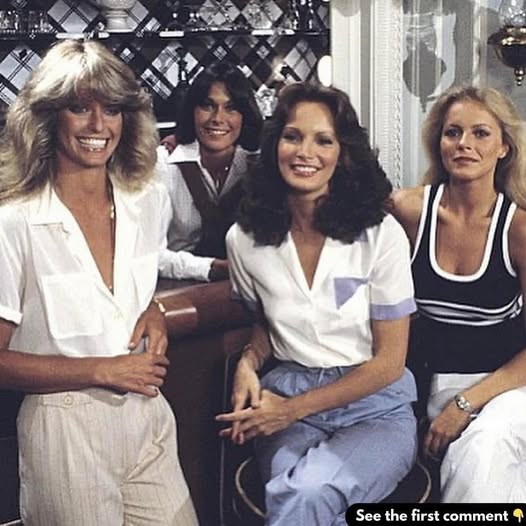
Farrah Fawcett, Kate Jackson, and Jaclyn Smith brought the characters of Jill Munroe, Sabrina Duncan, and Kelly Garrett to life, forming a trio of private investigators working for a mysterious boss named Charlie, whose voice was heard but whose face was never seen. Together, they tackled everything from dangerous missions to undercover assignments with confidence, grit, and elegance, proving that female leads were more than capable of carrying a high-stakes action series on their own. Charlie’s Angels was revolutionary for how it broke gender norms in mainstream television. Prior to its debut, female characters in crime and action shows were often relegated to secondary roles—assistants, victims, or love interests. But the Angels were different.
They were at the center of the action, solving cases, using their intellect, and making their own decisions. The show made it clear that women could be just as capable in tough situations as their male counterparts, if not more so. They didn’t need to be rescued—they were the ones doing the rescuing. This shift in representation resonated deeply with viewers, especially women and girls who hadn’t often seen themselves portrayed as both strong and glamorous on TV. One of the most iconic elements of Charlie’s Angels was the way it combined style with strength. The Angels were known not only for their detective work but also for their fashion sense.
Whether it was sleek jumpsuits, flared jeans, or tailored blazers, their outfits became symbolic of a new kind of empowerment—one where femininity didn’t have to be sacrificed to showcase toughness. Farrah Fawcett’s feathered hairstyle became a cultural phenomenon, and the show’s fashion choices inspired trends that extended well beyond the television screen. The Angels proved that women could embrace beauty and fashion while still being fearless, competent professionals. Over the course of its five-season run, Charlie’s Angels underwent multiple cast changes, yet its core message remained consistent.
Whether it was Cheryl Ladd stepping in as Kris Munroe, or Shelley Hack and Tanya Roberts joining the team in later seasons, the show continued to center around smart, fearless women solving crimes and pushing boundaries. The success of the series didn’t stop when it went off the air in 1981—it sparked a legacy that continued through major motion pictures, a short-lived reboot in 2011, and countless pop culture references. The franchise has remained a touchstone for how women can be portrayed in action roles, influencing generations of shows and films that followed. Beyond its entertainment value, Charlie’s Angels left a lasting impact on the way society viewed gender roles. It encouraged women to imagine themselves in positions of strength, independence, and authority. The show challenged the idea that action heroes had to look or act a certain way and instead opened the door for a more inclusive, multidimensional portrayal of women. It celebrated intelligence, teamwork, and courage while also embracing the individuality and personality of each Angel. For many viewers, the show was more than just a fun weekly adventure—it was a bold statement about what women could achieve. Today, the influence of Charlie’s Angels is still felt in the way female leads are written and portrayed in TV and film. Whether it’s in characters like Olivia Benson from Law & Order: SVU, Jessica Jones from Marvel, or the female-led spy teams in current films, the path paved by the Angels continues to inspire. It’s a reminder that strength and style are not mutually exclusive and that women can take charge, solve problems, and look good doing it. Charlie’s Angels wasn’t just a show—it was a cultural shift that redefined what it meant to be a female hero, and its legacy lives on in every strong woman seen on screen today.
